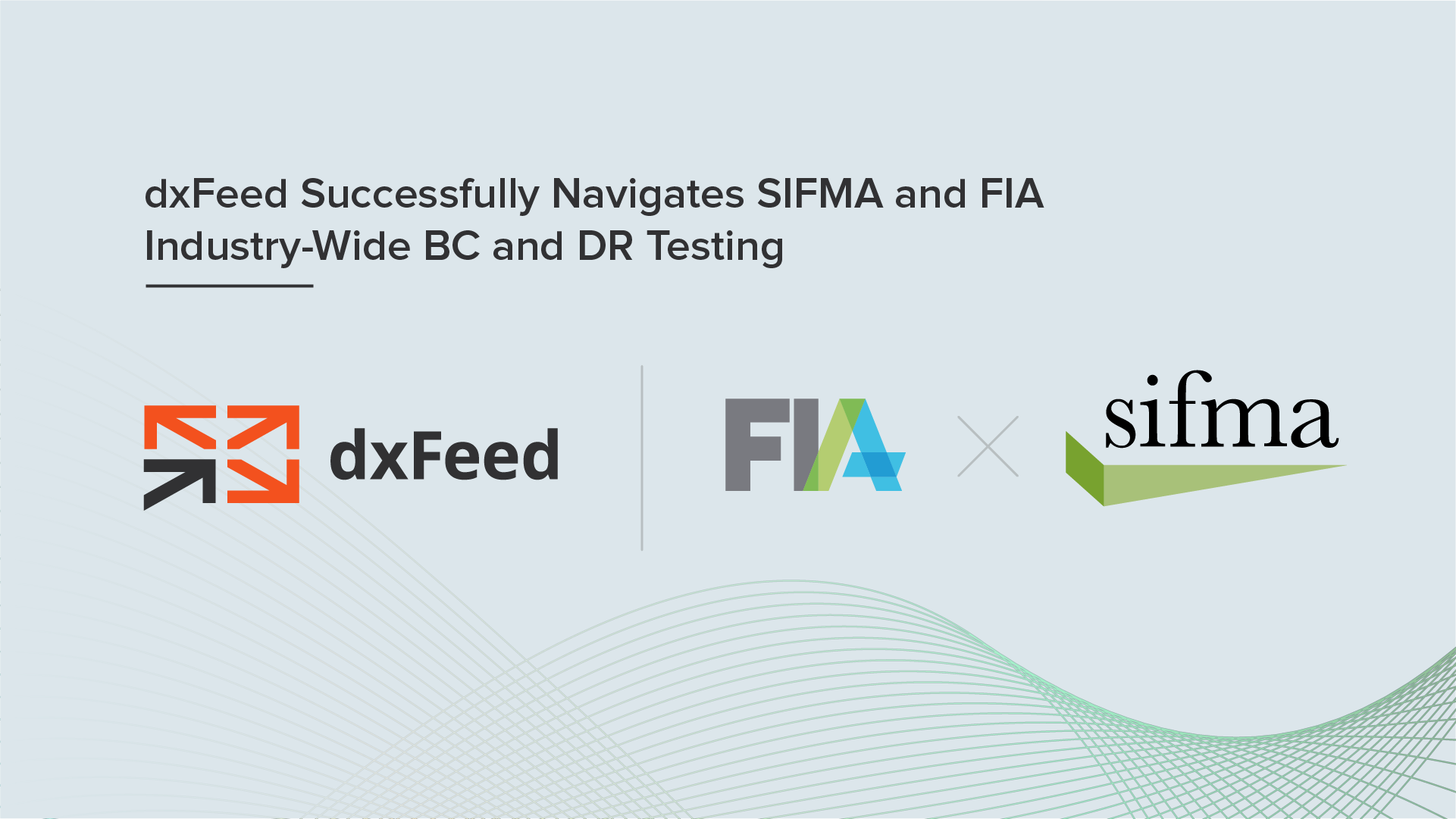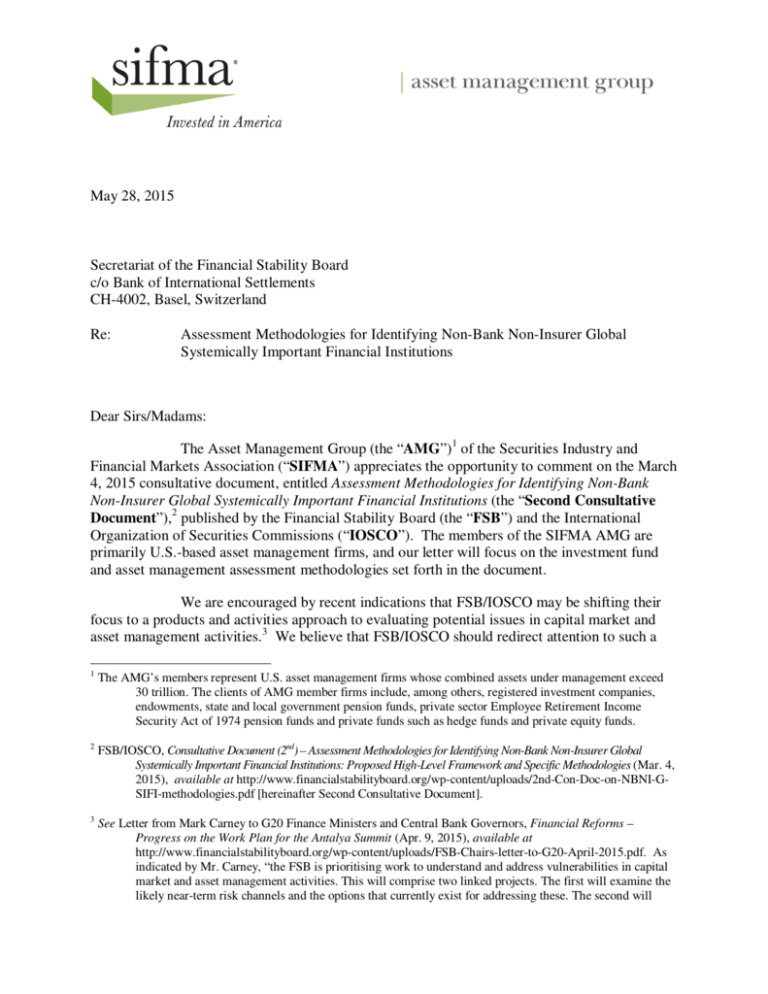Securities Industry And Financial Markets Association Sifma

The Securities Industry and Financial Markets Association (SIFMA) is facing mounting pressure as regulatory scrutiny intensifies following recent market volatility.
SIFMA, a powerful lobbying group representing broker-dealers, investment banks, and asset managers, now finds itself at the center of debates about market structure, investor protection, and the role of intermediaries, threatening the status quo.
SIFMA Under the Microscope: What's Happening?
Regulatory agencies, including the Securities and Exchange Commission (SEC) and the Financial Industry Regulatory Authority (FINRA), are increasingly focusing on SIFMA's policy positions.
These agencies are examining the impact of these policies on market stability and retail investor outcomes.
The core issue is the perception that SIFMA's advocacy sometimes prioritizes industry interests over broader market integrity and investor welfare.
Key Areas of Contention
One major area of concern is market structure. SIFMA has historically advocated for lighter regulation, arguing it fosters competition and innovation.
Critics contend that this approach has led to fragmentation and a lack of transparency, potentially disadvantaging smaller investors.
Specifically, debates around payment for order flow (PFOF) and high-frequency trading practices remain contentious. These are areas where SIFMA has staunchly defended industry practices. FINRA, for example, issued guidance on best execution that raised questions about PFOF practices.
Another point of friction is investor protection. Concerns have been raised about the suitability of investment products sold to retail investors, particularly complex or high-risk instruments.
SIFMA maintains that its members are committed to providing appropriate investment advice and disclosures, but regulators are pushing for stricter standards. This includes heightened due diligence requirements.
Furthermore, cybersecurity and data privacy are growing concerns. SIFMA engages with regulators on crafting appropriate frameworks, but breaches remain a significant threat.
SIFMA's Response
SIFMA defends its advocacy, emphasizing its role in promoting efficient and competitive capital markets.
The organization argues that regulations should be carefully calibrated to avoid stifling innovation and economic growth.
SIFMA insists that its members adhere to the highest ethical standards and are committed to serving their clients' best interests. They advocate for regulatory frameworks that are clear, consistent, and proportionate to the risks involved.
The organization actively engages in dialogue with regulators, policymakers, and other stakeholders to address concerns and find common ground. They regularly publish white papers and host conferences to facilitate these discussions.
Data & Key Statistics
According to SIFMA’s 2023 Fact Book, the U.S. capital markets it represents facilitate over $2.5 trillion in average daily trading volume.
The same fact book highlights trillions of dollars in assets under management held by SIFMA member firms.
These numbers underscore the organization’s substantial influence on the financial landscape and the importance of regulatory oversight.
The Future of SIFMA
The coming months will be critical as regulators weigh potential new rules and enforcement actions impacting SIFMA's member firms.
SIFMA will likely ramp up its lobbying efforts to influence the outcome of these debates.
The focus will be on striking a balance between promoting innovation and safeguarding investor interests, a challenge that will define SIFMA's role in the financial ecosystem moving forward.















.jpg)


